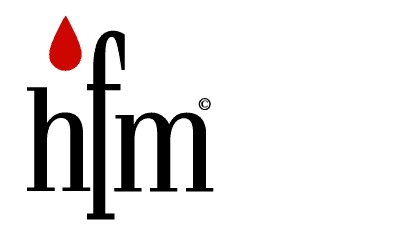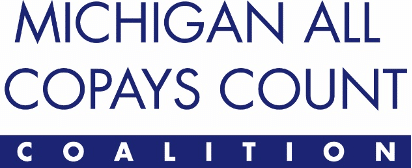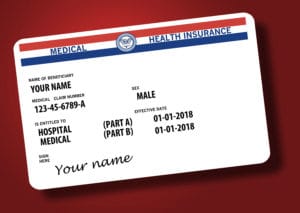FOR IMMEDIATE RELEASE Contact: Nick De Leeuw
March 9, 2021 (517) 575-9564
LANSING, MI – Patients from Lansing and metro Detroit, and Michigan’s leading patient advocacy organizations today are sharing their personal stories and asking members of the Michigan House Health Policy Committee to join them in backing legislation that will guarantee insurance companies count all copayments made by or on behalf of Michiganders.
House Bill 4353, championed by House Health Policy Committee Chair Bronna Kahle, would prevent an increasingly common practice used by insurance companies and pharmacy benefit managers called “copay accumulator adjuster programs” that exclude copay assistance payments from counting toward the patient’s deductible or out-of-pocket maximum.
For individuals living with rare and chronic conditions, like cancer, hemophilia, arthritis and many more, access to effective treatment is often made possible through copay assistance.
“All 9 of the plans on the marketplace say that my copay assistance will not be counted toward my deductible or out-of-pocket maximum,” said Shelley Jeltema, a Lansing resident living with rheumatoid arthritis and psoriatic arthritis who is speaking today to the Health Policy Committee. “I feel like I’m being discriminated against for needing copay assistance to afford my medication which is literally the difference between being able to work or suffering disabling joint damage.”
Said Sarah Procario, Advocacy Director for the Hemophilia Foundation of Michigan, and leader of the Michigan All Copays Count Coalition: “Copay accumulator adjustment programs are detrimental for patients with chronic or rare conditions, such as hemophilia, as these insurance programs can prevent patients from affording necessary treatments. Thanks to the leadership of Chair Kahle, patients would be able to afford the treatments they need to live healthy lives.”
House Bill 4353 acknowledges that copay assistance is real money and stops this discriminatory insurance practice. Under copay accumulator adjuster programs, out-of-pocket costs are paid twice, first from copay assistance and then from the patient.
“My son, Andy, and I both have psoriasis and psoriatic arthritis,” said Jaime Lyn Moy, a Waterford mom testifying today in support of HB 4353. “Andy has been through a lot. When his psoriasis flares, he is covered head to toe with burning, itching and pain. The psoriatic arthritis affects his joints, especially his spine and hips.
“Between the two of us, the out-of-pocket costs for our quarterly injections are almost $4,000. We both use copay assistance from the drug manufacturer to afford these out-of-pocket costs. Having to find over $10,000 every year to afford the biologics that keep us healthy and keep my son out of a wheelchair is unimaginable.
“I ask the Committee to act now to make sure all copays count.”
Said Kristen Stiffler, State Government Relations Manager for the National Psoriasis Foundation: “Eighty percent (80%) of patients with psoriatic disease rely on copay assistance to afford their treatment. It is time for Michigan to end this discriminatory practice and guarantee access to necessary treatments. Especially during the pandemic, the Coalition thanks Chair Kahle and the numerous co-sponsors for ensuring all copays count.”
Members of the new Michigan All Copays Count Coalition include:
Allergy and Asthma Network;
Alliance for Patient Access;
American Autoimmune Related Diseases Association;
American Cancer Society Cancer Action Network;
American Diabetes Association;
American Kidney Fund;
The Arc Michigan;
Arthritis Foundation;
The Bonnell Foundation;
Coalition of State Rheumatology Organizations;
Cystic Fibrosis Research, Inc.;
Gaucher Community Alliance;
Hemophilia Federation of America;
Hemophilia Foundation of Michigan;
HIV+Hepatitis Policy Institute;
Little Hercules Foundation;
Lupus and Allied Diseases Association, Inc.;
Michigan Association of Osteopathic Family Physicians;
Michigan Osteopathic Association;
Michigan Society of Hematology and Oncology;
Michigan State Medical Society;
Multiple Sclerosis Association of America;
National Hemophilia Foundation;
National Organization for Rare Diseases;
National Psoriasis Foundation;
New Day Foundation;
Rock CF;
Spondylitis Association of America; and
Susan G. Komen



